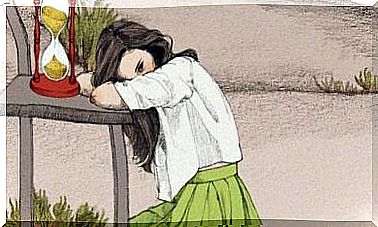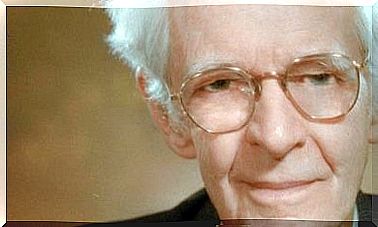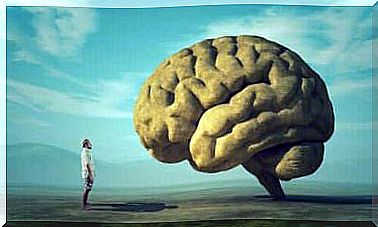3 Misconceptions About Depression Treatment
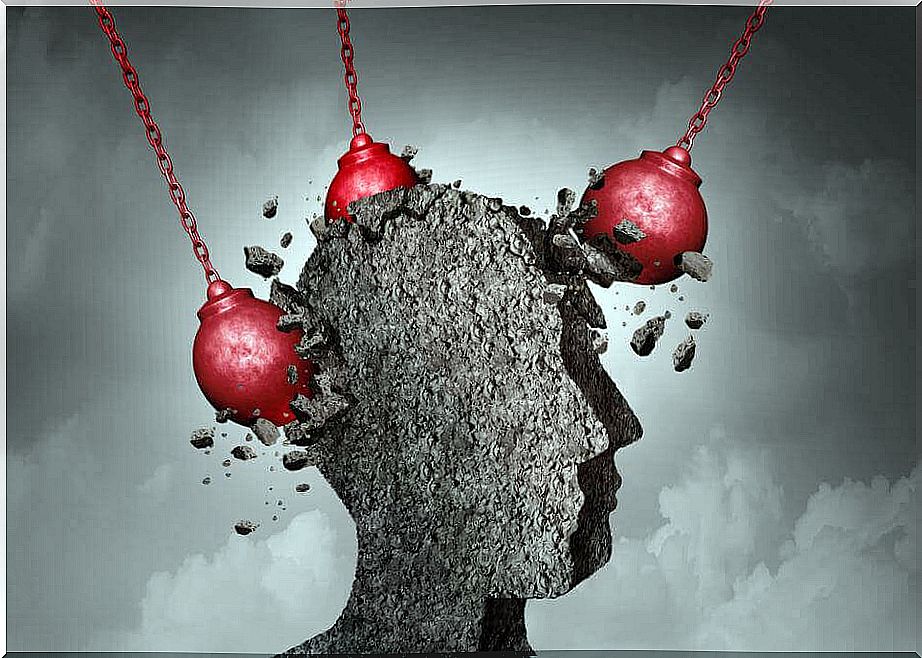
These days we see some misconceptions about treating depression not only in street conversations, but also in environments supposedly specialized in treating depression. These ideas, unfortunately, correspond in part to the interests of the pharmaceutical industry and are spread due to the population’s lack of knowledge, which gives them veracity, without questioning the words of certain reference figures on the subject.
In this sense, these mistaken ideas and arguments, lacking a scientific foundation, are not innocuous. They contribute so that patients themselves do not require psychological treatment or encourage doctors and psychiatrists not to offer adequate treatment, or even not to refer patients to psychologists qualified to carry out the treatment.
Let’s look at the top 3 misconceptions about treating depression.
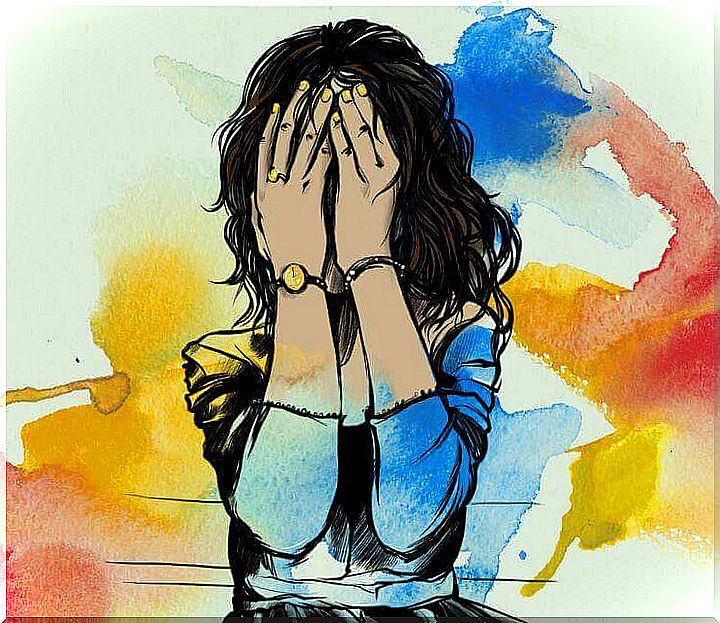
3 Misconceptions About Depression Treatment
Depression is not cured with psychotherapy
For example, the portal DMedicina, associated with the newspaper El Mundo , states that “there is no study showing that psychological techniques can eradicate depression. […] For depression, the only treatment that showed efficacy was pharmacological treatment”. It is curious how, with a little research, we can find several serious and rigorous studies that contradict the results of such claims.
Furthermore, we are no longer talking about individual studies, but about meta-analyses (studies that collect data from several individual studies and analyze with statistical techniques what would be the result of a joint contrast). This type of study is very important to draw general conclusions: not only do they use a comprehensive sample, but also include different sub-samples.
Examples of this type of meta-analysis that demonstrate the effectiveness of psychotherapy in curing depression would be Cuijpers, Berking et al. (2013) or the most recent by Johnsen and Friborg (2015). In the latter, researchers analyzed 43 different studies. They found that by the end of cognitive-behavioral therapy, 57% of patients could be considered “cured” of depression.
On the other hand, it is true that cognitive-behavioral therapy is the most frequent and the one with the most studies performed. Therefore, it usually represents a great weight in meta-analyses. However, there are other therapies that have been shown to be effective in the treatment of depression that we could consider as well-established treatments, according to the criteria of the APA (American Psychological Association). Are the following:
- Behavioral activation therapy (or behavior therapy).
- Congnitive-behavioral therapy.
- Problem solving therapy.
- McCollough’s cognitive-behavioral analysis psychotherapy system.
- Rehm’s self-control therapy.
On the other hand, a resultant idea that is equally false and widespread would be that psychotherapy would only be effective for treating mild or moderate depression, but not for treating severe depression. Contrary to this idea, for example, Driessen, Cuijpers, Hollon and Dekler (2010), based on the results of one hundred and thirty-two studies, could not establish that the depression severity variable was related to differences between people who had received a therapy from those who had belonged to the control condition (the interaction of the variable disease severity with the benefit of psychotherapy was not significantly different from 0).
In light of the results, we can state that this idea is one of the misconceptions about the treatment of depression, as is the idea that psychotherapy would be useless in cases of severe depression. Another issue related to this last idea is that, in the case of more severe patients, pharmacological treatment can be considered an invaluable help for the patient to start a more balanced therapy.
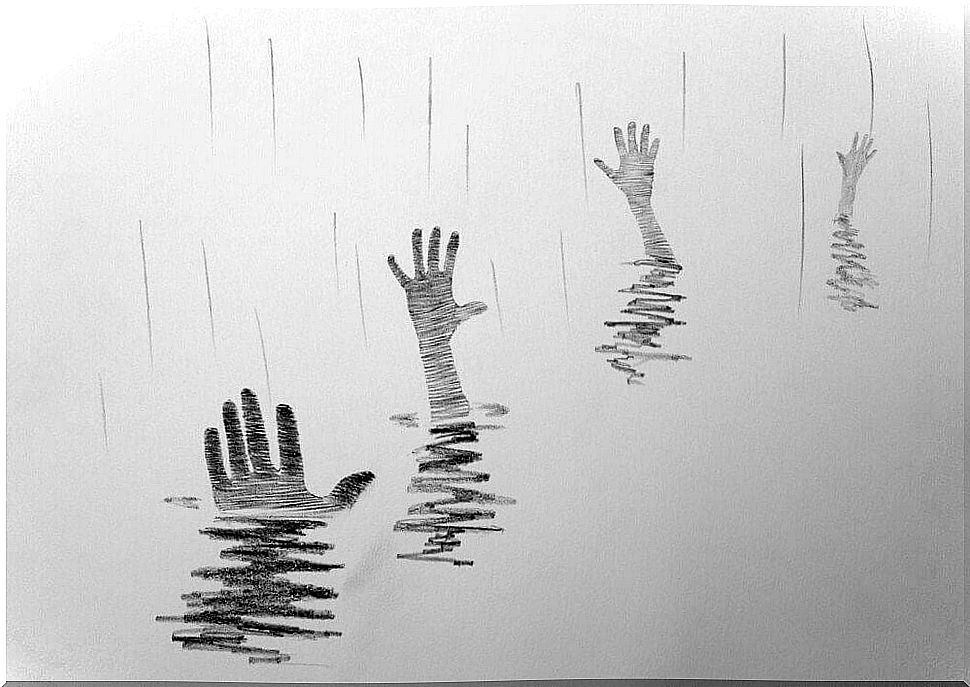
Psychotherapy is less effective than pharmacological treatment
For example, in the meta-analysis we quoted earlier from Cuijpers, Berking et al. (2013) there are at least 20 studies comparing the effectiveness of pharmacological treatments for depression with cognitive-behavioral therapy and it was found that the effect size of the difference was practically zero (g=0.03). Furthermore, this absence of difference was independent of the evaluation procedure used and the pharmacological treatment applied (the interaction between the factors was not significantly different from zero).
A clarification should be made in this regard. Studies comparing the results of interpersonal therapy with pharmacological treatment would show a slight trend in favor of certain pharmacological treatments. Anyway, this last data must be analyzed with caution, as the number of studies is much smaller compared to those that compare the effect of cognitive-behavioral therapy with pharmacological treatment.
Thus, the thought that psychotherapy is less effective than pharmacological treatment would be another misconception about the treatment of depression.
The treatment of depression is long
First, let’s establish that “long” and “short” will depend on where we estimate the line dividing the two extremes to be. Currently, we consider that the time frame in which the therapies (those we list as effective) are located is 16 to 20 sessions, divided into 3 or 4 months. Of course, there are always special cases in which brief psychotherapy turns into very brief or extends over time.
Anyway, in no case do the therapies that we point out as effective establish an intervention plan of more than 6 months . If the expected results for that period are not obtained, it would be necessary to reassess the situation. Not all psychotherapies are for all patients in all conditions. On the other hand, as with surgical operations, for example, not all psychologists have the same skills to treat all disorders from the same angle.
Studies say, for example, that the average successful cognitive-behavioral therapy for depression is 15 sessions (Cuijpers, Berking et al.). In this forecast, it would be necessary to count relapses separately, as they can occur for various reasons and are not always related to the therapeutic intervention. Within this heterogeneous range of reasons that can favor a relapse, we find: a traumatic event, maladaptive family dynamics or configuration of habits that lead to isolation or social marginalization.
Misconceptions about the treatment of depression go beyond what has been exposed here. In this sense, psychologists knew how to develop effective research and therapies, but they were not able to expose such research and therapies to society. There is still a lot of work to be done on this path.
References:
Cuijpers, P, Berking, M. et al. (2013). A meta-analysis of cognitive behavior therapy of adult depression, alone and in comparison with other treatments . Canadian Journal of Psychiatry.
Cuijpers, P., Hollon, SD et al. (2013). Does cognitive behavior theraphy have an enduring effect that is superior to keeping patients on continuation pharmacotherapy? An meta-analysis . BMU OPen, 3.
Sanz, J. and García-Vera, MP (2017). Mistaken ideas about depression and its treatment (II) . Roles of the psychologist. Vol. 38.
